Old school British superfoods: 9 traditional staples with surprising health benefits
From barley to beetroot, these traditional British foods have always been good for you – no spirulina needed.
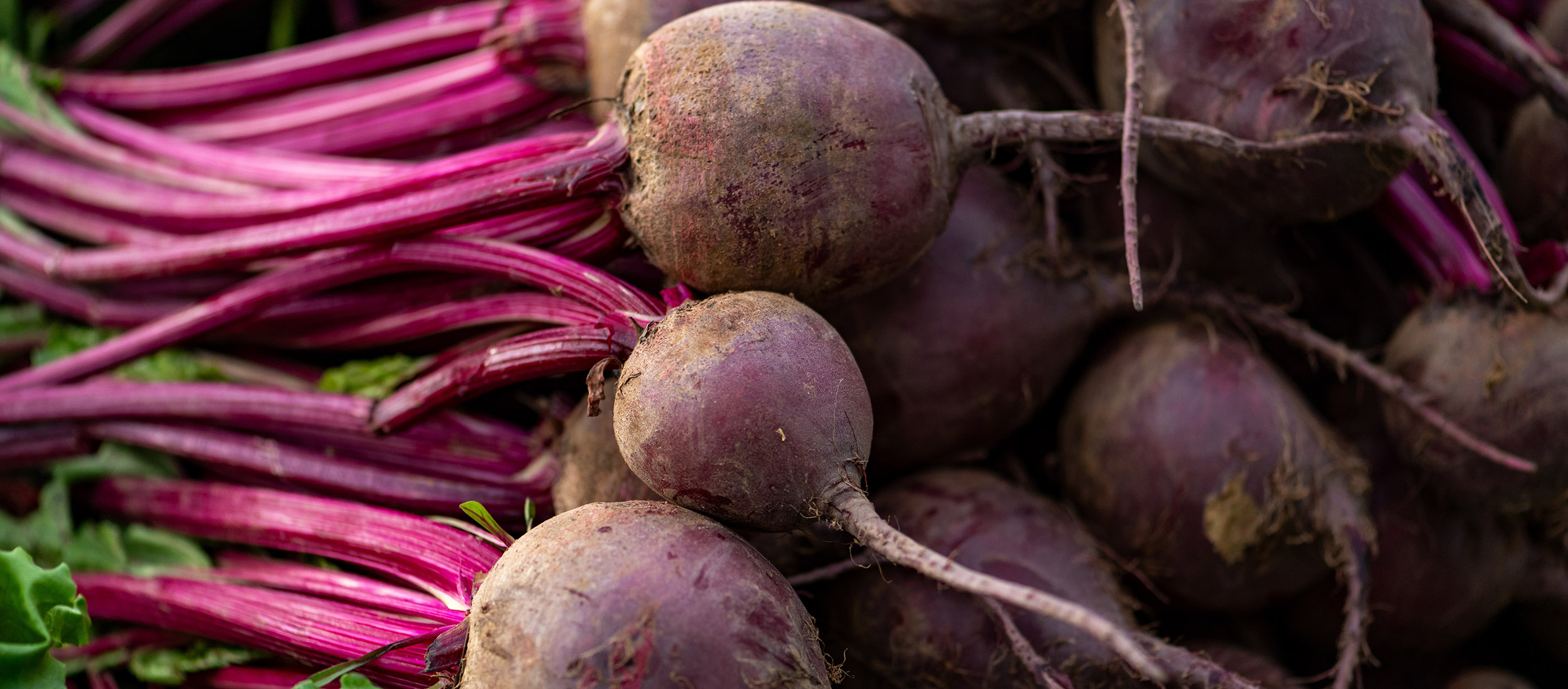
From barley to beetroot, these traditional British foods have always been good for you – no spirulina needed.

Grandma knew best – and not just when it came to darning socks or making the perfect roast. Long before anyone was blitzing kale into smoothies or sprinkling chia seeds on porridge, British kitchens were serving up humble, hearty meals packed with serious nutritional clout.
From liver and cabbage to sardines and blackcurrants, many of the foods we grew up with are now being hailed as superfoods – and they don’t come with a trendy price tag or a passport.
“There is no need to spend a fortune on fancy foods like spirulina, matcha powder, kale powder, expensive berries and even coconut oil,” says registered dietician Annemarie Aburrow. “Much of the traditional British fare is highly nutritious, and so much cheaper too.”
With this in mind, we've selected nine British classics with superfood appeal that you might want to include in your diet.
Berries have been big on the superfood scene for a while, but the spotlight as been mostly on blueberries and raspberries, which can be pricey and flown in from afar. One berry that’s long been overlooked, however, is the humble blackcurrant. Nutritional therapist Clemmie Pellew-Harvey says it’s a shame that this British superfruit isn’t consumed as much as it should be.
“They contain four times more vitamin C than oranges,” she says. “They’re rich in anthocyanins that support brain health and circulation, and they also provide powerful anti-inflammatory compounds.”
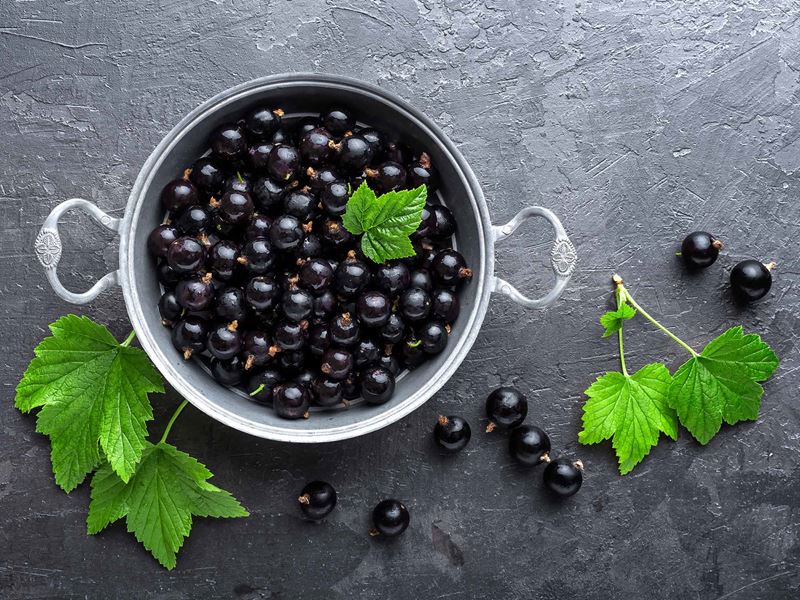
A dish that was popular in the post-war decades due to rationing and its impressive nutritional value, this surprisingly healthy meat should never have gone out of fashion. Rich in a wide spectrum of essential macro and micronutrients, liver has been described as nature's most potent superfood.
“Gram for gram, it’s one of the richest sources of bioavailable vitamin A, iron, B12, choline and coenzyme Q10 – all of which are essential for energy, brain health and hormone balance,” says dietetic medicine specialist Hannah Trueman, who believes it may have fallen out of favour due to outdated concerns around cholesterol and also our changing taste preferences.
It's also a great superfood to help keep your teeth and gums in tip top order.
“Liver is one of the richest natural sources of vitamin A and easily absorbed iron, two nutrients that keep gum tissue resilient and help saliva flow freely,” says Dr. Johannes Jacobs, a dentist and oral surgeon.
“Saliva is not just water; it carries proteins and minerals that neutralise acid attacks after meals, so anything that boosts its production gives enamel a longer life.”
Kale may be the coolest Brassica on the block right now, but good old-fashioned cabbage definitely shouldn’t be overlooked.
“This affordable vegetable has been relegated to Christmas dinner for many families, yet offers remarkable benefits,” says Pellew-Harvey.
She says that not only is cabbage loaded with gut-friendly fibre, it’s also a top source of vitamin K – essential for keeping bones strong as we age. In other words, it’s not just for stuffing next to the turkey.
Once a pantry staple, tinned sardines have been largely replaced by tuna. However, sardines have lots of benefits, including being a more sustainable seafood choice with a lower mercury content.
Nutritional therapist Hannah says she likes them not only because they’re relatively low-cost, but also because they’re packed with goodness: omega-3 fatty acids to support heart and brain health, vitamin D for immunity and mood, calcium (thanks to the little edible bones) for strong bones and teeth, as well as vitamin B12 to keep your energy levels and nervous system in check.
Research has also suggested sardines can help with hearing loss.
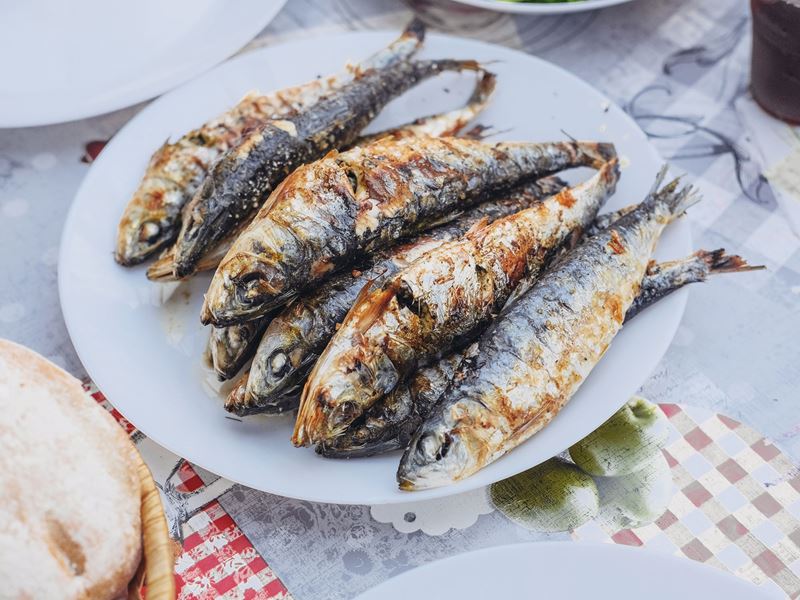
Dubbed ‘crimson wonder’ by nutritional therapist Clemmie, beetroot is a striking root veg with some equally impressive health credentials.
“It contains unique nitrates that help improve blood flow and may even lower blood pressure,” says Pellew-Harvey.
“Beetroot is also rich in betalains – powerful antioxidants with anti-inflammatory properties – and it supports liver detoxification pathways. Plus, it’s a great natural source of folate, which is essential for cell repair and development.”
Fresh or cooked beetroot is your best bet for maximum health benefits, but the pickled kind still has plenty going for it. It’s a handy source of fibre and folate, and it lasts much longer in the cupboard.
Just check the label, as some jars can come with added sugar or salt.
Dubbed 'the king of breakfasts', porridge is one of the healthiest ways to start the day. Bursting with vitamins and minerals, oats are an excellent source of polyphenols, powerful disease-fighting antioxidants.
“They’re rich in beta-glucans, a form of soluble fibre that helps regulate cholesterol and support the gut microbiome,” says Trueman.
Oats release their energy slowly, helping to maintain steady blood sugar levels, which makes them a smart choice for both diabetics and those managing their weight.
They’re also affordable, easy to find and incredibly versatile – whether you prefer them in porridge, overnight oats, homemade granola or even baked into flapjacks.
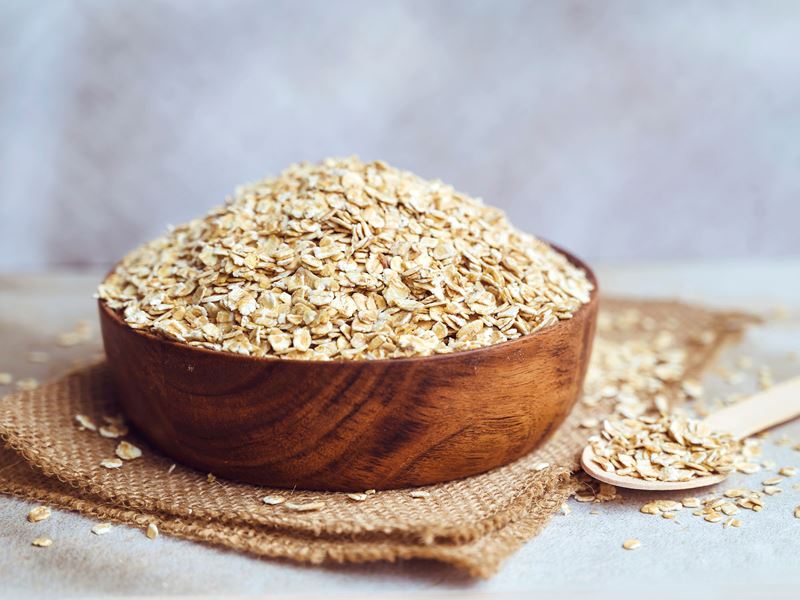
It’s a supergrain we can actually pronounce (seriously, who really knows how to say quinoa?), and it’s been grown in the UK for centuries.
“Barley gives fabulous fibre and minerals and was classed as a supergrain long before quinoa!” says Dr Williamson.
This grain is rich in health-boosting minerals like magnesium (which supports muscles, nerves, blood sugar and bone health), selenium (an antioxidant that protects cells and supports the thyroid), phosphorus (essential for bones and energy) and iron, which is vital for red blood cell production.
Best of all, it’s easy to use. “You can swap it in for rice in almost any dish – just cook it a bit longer,” says Dr Williamson.
“It’s probably best known in minestrone soup, but it has a fabulous nutty texture when used in risottos too.
Before imported kale dominated the scene, watercress was our native superfood.
“Many may remember childhood days picking fresh watercress from our rivers when they were still clean enough to do so,” says nutritionist and gut health expert Dr Lucy Williamson. “And how right they were - weight for weight watercress has much more vitamin C than an orange and is also high in vitamin A - fabulous for healthy vision and immunity.”
It's also packed full of calcium (more than milk according to Clemmie), iron and fibre, which can easily drop as we age and it’s brilliant for our gut health.
“It’s real superfood status comes from its abundant polyphenols,” says Dr Williamson. “It has more than any other brassica and is like rocket fuel for gut health!”
Ditch the goji berries and acerola cherry – one of the best superfruits is a UK homegrown classic. Yes, that’s right: the humble apple!
“Apples, especially the skin, are packed with quercetin, pectin fibre and polyphenols that feed the gut and help modulate inflammation,” says nutritional therapist Trueman.
They’re also surprisingly good for your teeth.
“Firm fruits like apples add gentle abrasion that reaches places a brush sometimes misses,” adds Dr Jacobs.
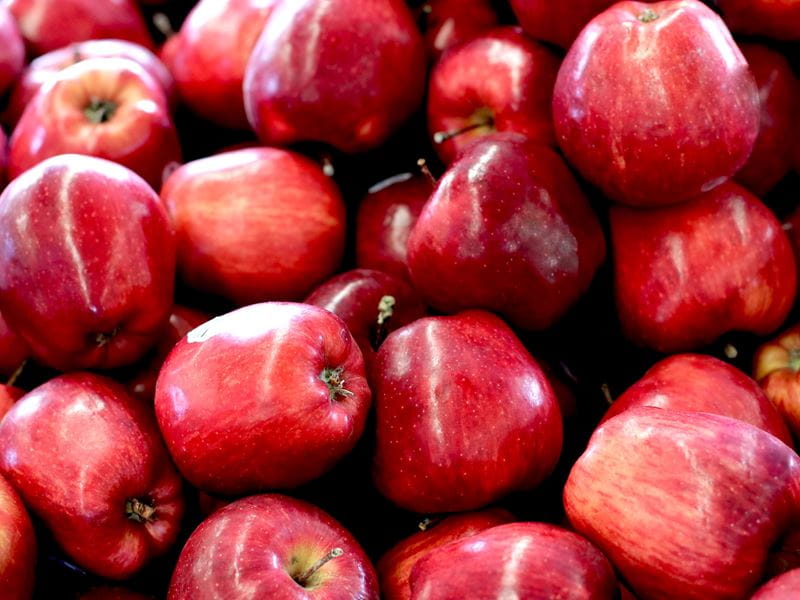
You don’t have to ditch the avocado on toast or your blueberry smoothie – old-school superfoods can happily co-exist alongside modern favourites. Pellew-Harvey suggests weaving them into your usual meals in subtle, simple ways.
“Start with small amounts of liver in shepherd’s pie or Bolognese,” she says. “Or add blackcurrants to morning porridge or blend into smoothies.”
By bringing these forgotten superfoods back to our tables, we can nourish our bodies, celebrate our food heritage – and make healthy eating a little more affordable, too.
Jayne cut her online journalism teeth 24 years ago in an era when a dialling tone and slow page load were standard. During this time, she’s written about a variety of subjects and is just at home road-testing TVs as she is interviewing TV stars.
A diverse career has seen Jayne launch websites for popular magazines, collaborate with top brands, write regularly for major publications including Woman&Home, Yahoo! and The Daily Telegraph, create a podcast, and also write a tech column for Women’s Own.

For a limited time, enjoy 3 issues of Saga Magazine for just £1. Receive the next 3 print editions delivered direct to your door, plus 3 months’ unlimited access to the Saga Magazine app—perfect for reading on the go.
Don’t miss your chance to experience award-winning content at an exceptional price.

Expert nutritionists break down the most important foods to eat in each decade as we get older.

We reveal the 7 best tinned foods to supercharge your health while saving you time and money.

From ketchup to mayo – how healthy are your sauces? We find out the pitfalls and surprising benefits of our favourite condiments.

Could honey be the sweetest way to supercharge your health this year? Our experts explain the benefits and which to buy.
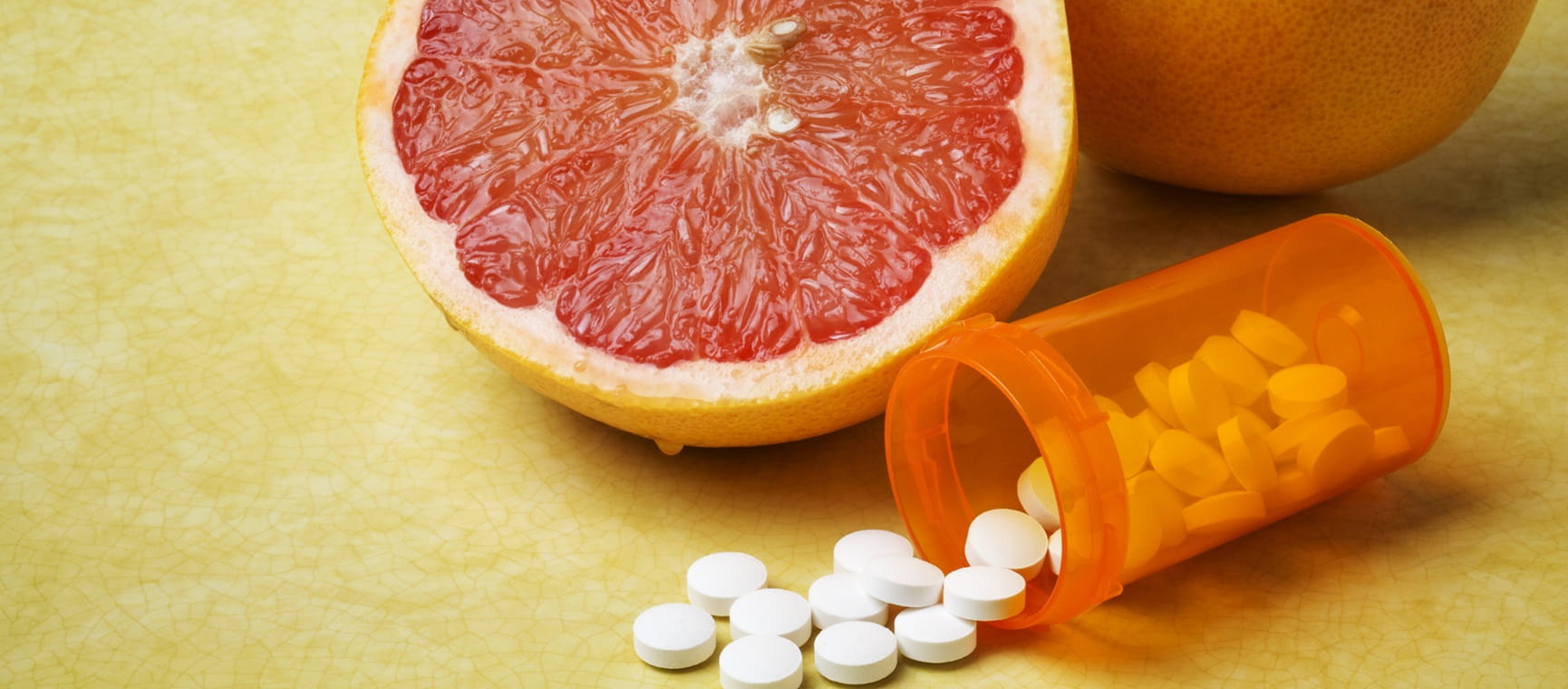
Our expert guide to the common foods you shouldn't mix with prescription drugs.

Experts reveal whether chilled supermarket soups are worth the extra cost and if some flavours are better for you than others.
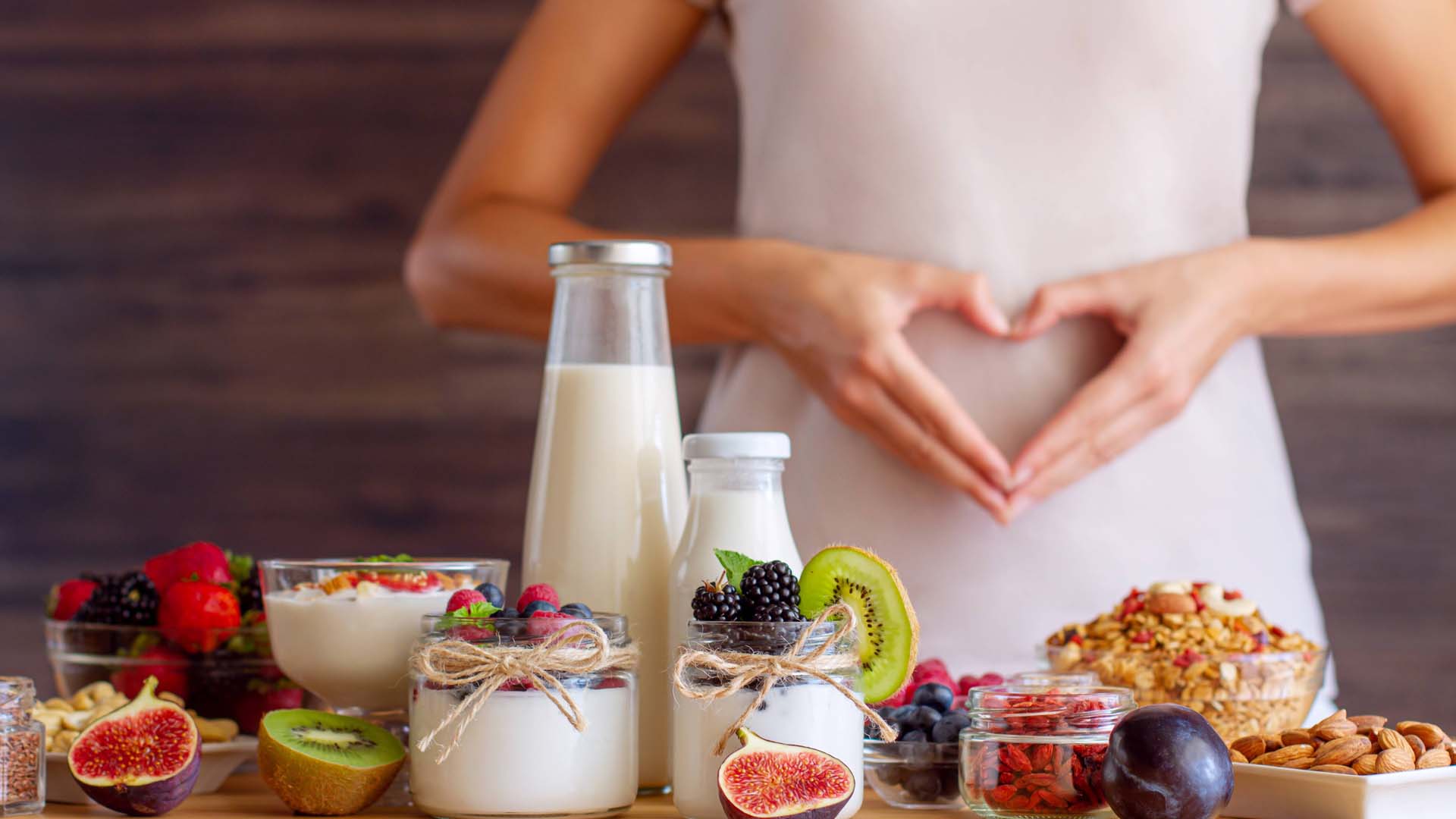
Looking after your gut health could be one of the biggest things that you can do for your overall health. Here are the best foods to keep your gut happy.
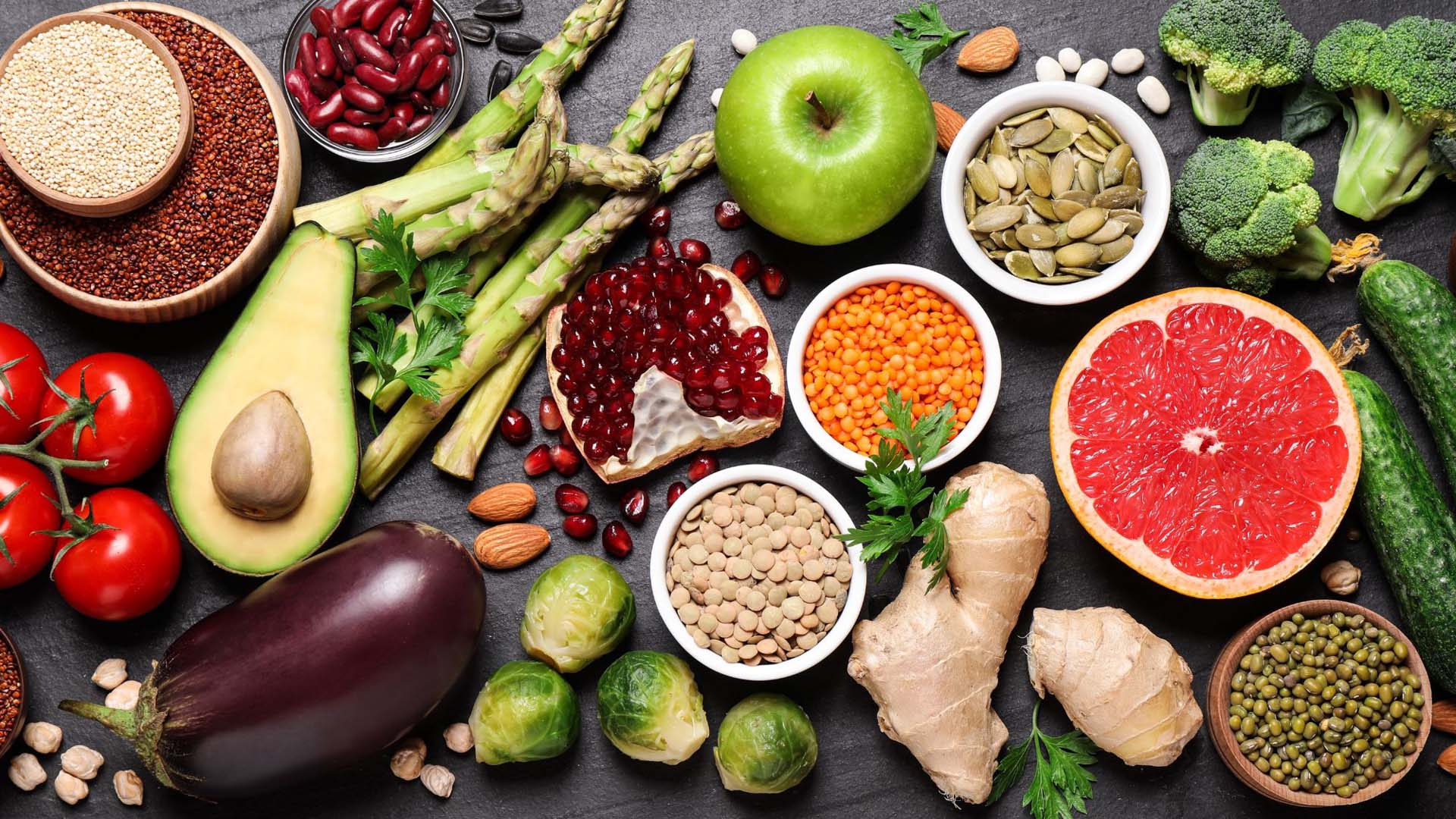
The foods that could help you live longer and protect against chronic illness.

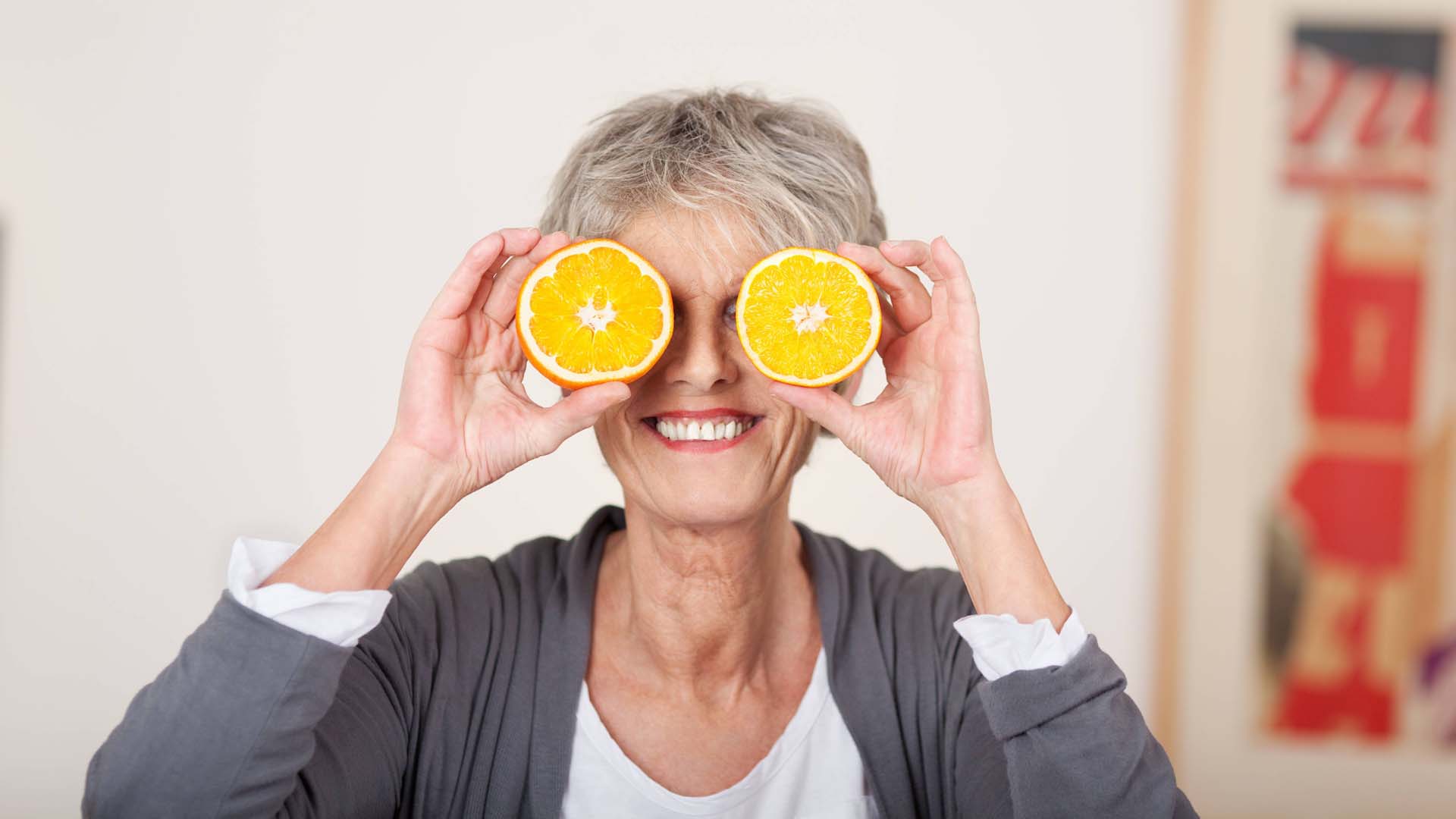
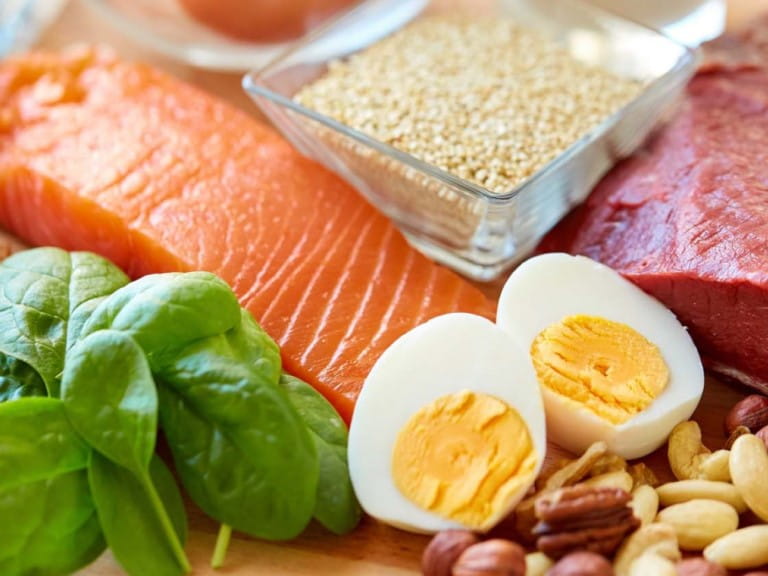
Everything you need to know about protein, from how it benefits your body to the best high-protein foods – and how much you really need.